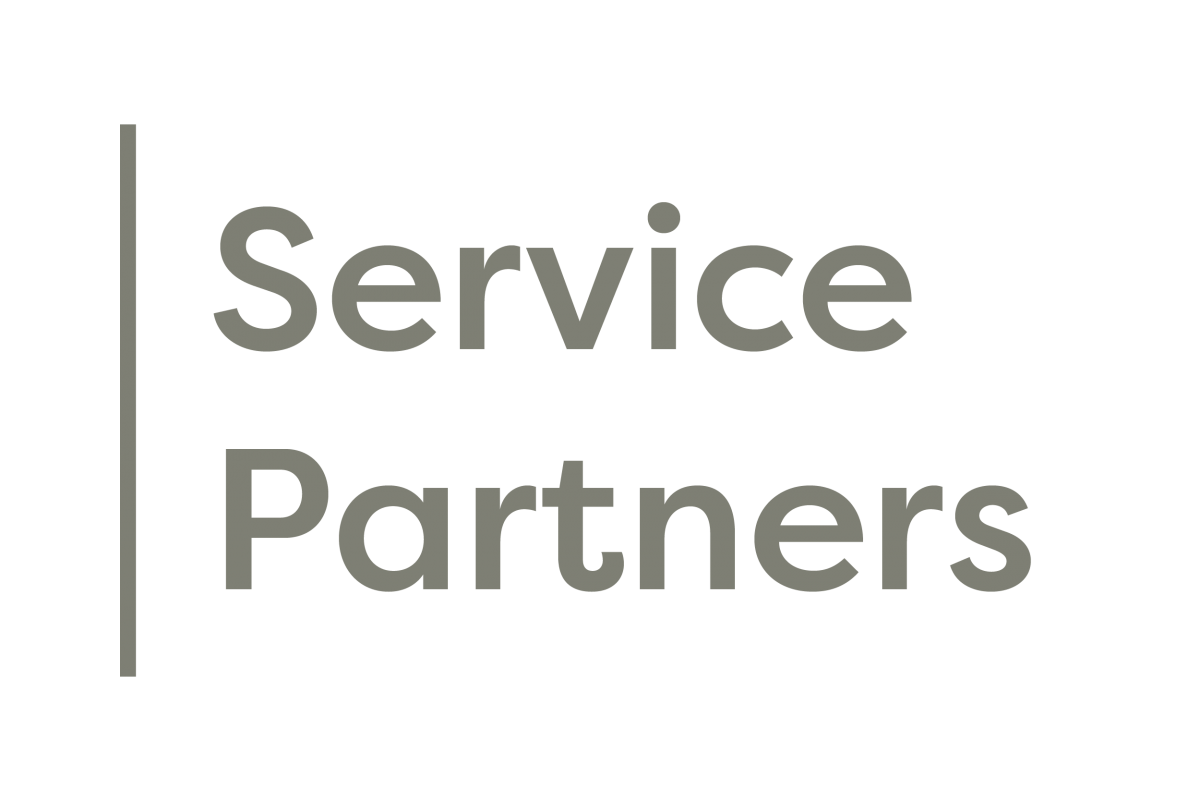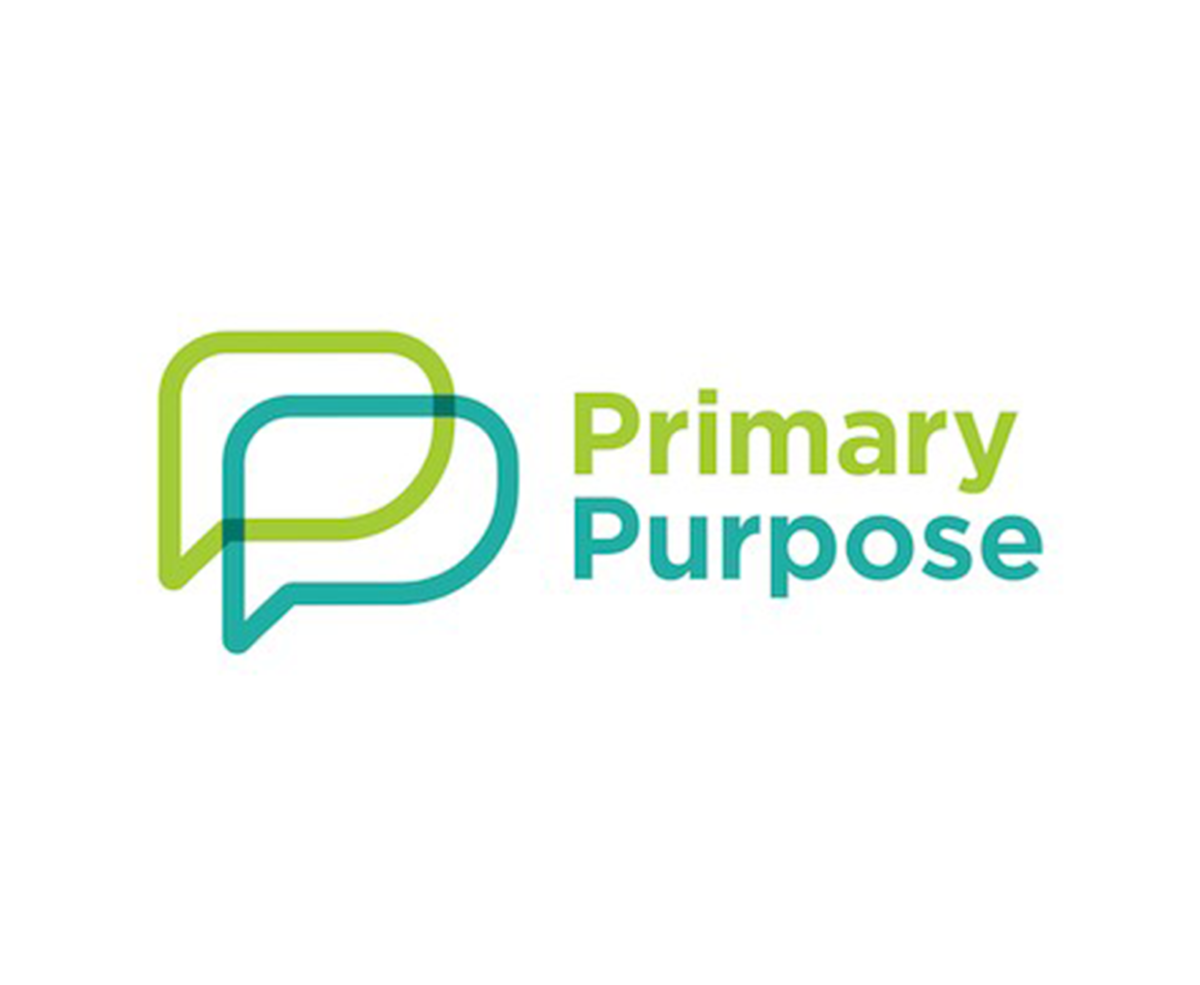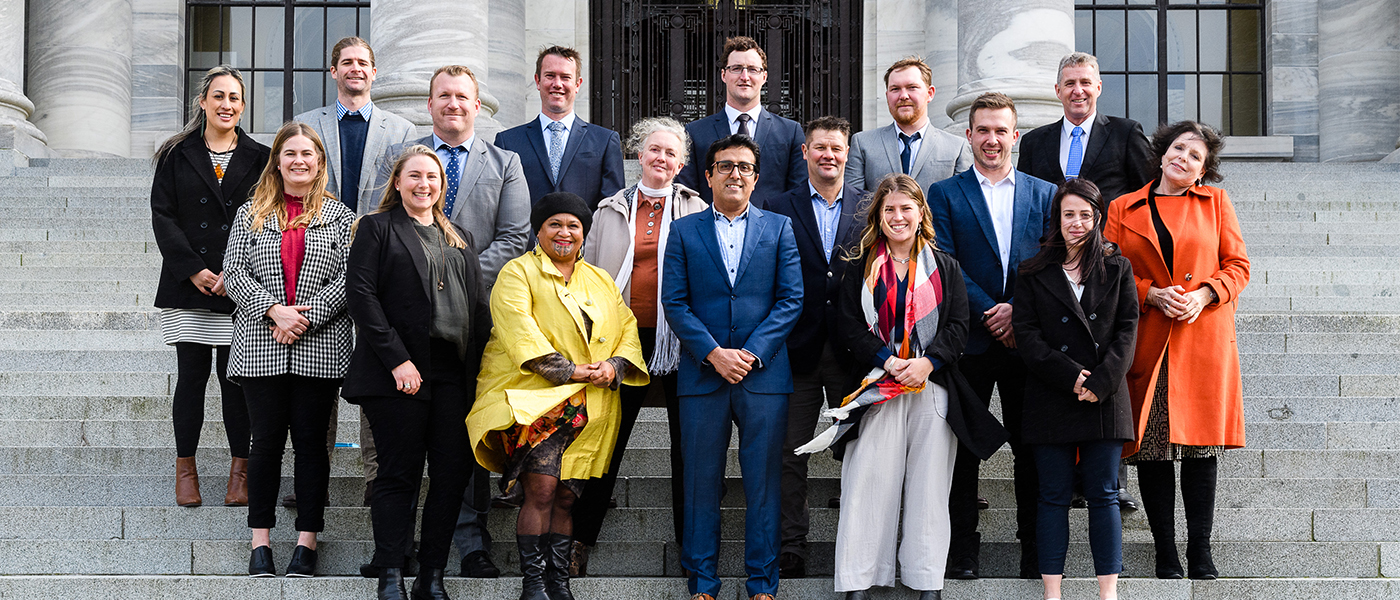Kellogg Programme 47
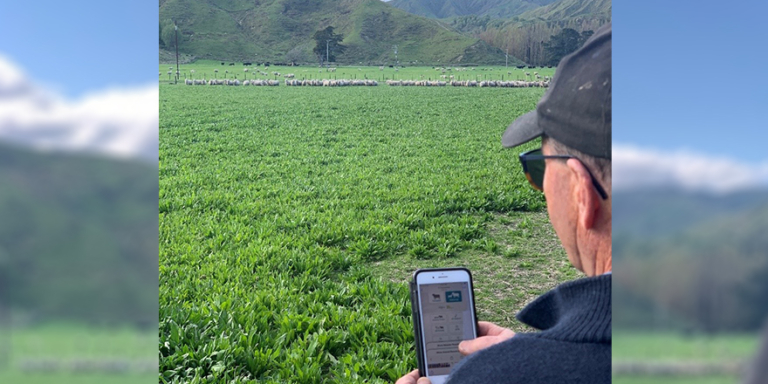
Barriers to Genetic Potential Through Sire Selection in New Zealand Sheep Farms
This research focuses on understanding the barriers to genetic potential through sire selection on New Zealand sheep farms. Do commercial farmers have the capacity and capability to understand the opportunity that these low methane-emitting genetics bring?
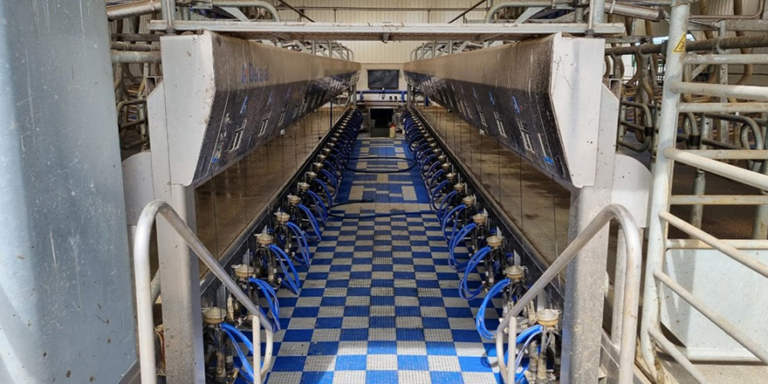
Farm System Influence on Dairy Workforce Retention.
A surveyed 49% of farm assistants on New Zealand dairy farms leave their employment in less than one year from starting.
There is an abundance of recognised soft skills and human resources that can be altered to improve job satisfaction and retention in the New Zealand dairy sector. Although, there is a gap in the literature considering how physical aspects of a farm system may influence employee job satisfaction and retention, why this may be the case and how valid solutions can be implemented.
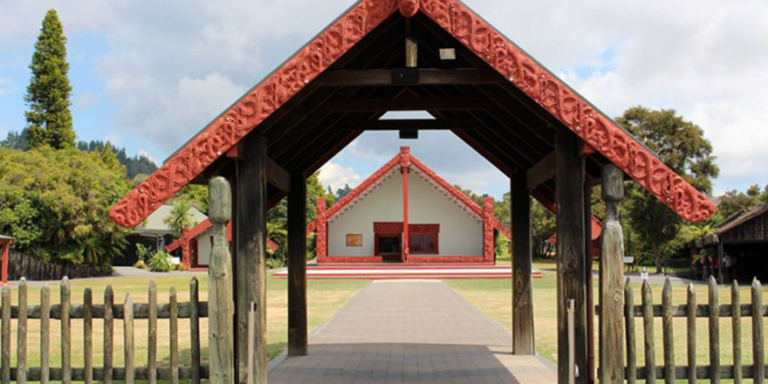
Farming Lessons from Te Ao Māori.
The aim of this report is to provide an understanding of te ao Māori (the Māori world view) and mātauranga Māori (Māori knowledge) in an agricultural context and to explore how some of the concepts within this area can be utilised in a way that benefits both individual farms and the wider industry.

Forests or Fleece.
This report seeks to understand the reasoning behind, and effects of, this change from an economic, environmental, and cultural perspective, and to look out 30 years to establish longer term viability of traditional farming, rotational and permanent forestry and Manuka plantation for the purpose of honey production and carbon sequestration.
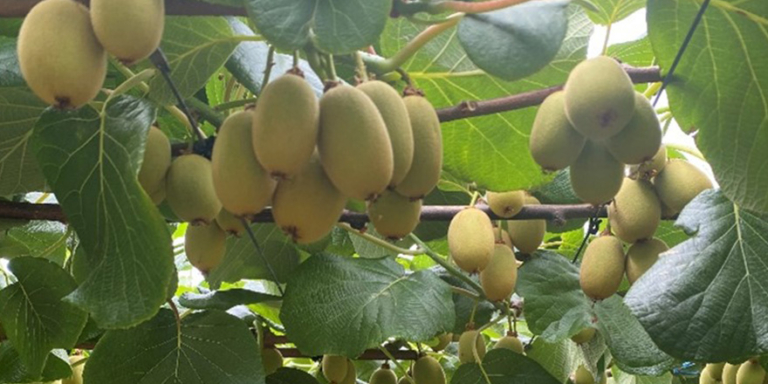
Happy and Healthy at Work.
With the growth goals of horticulture and seasonal labour shortage, how do we build a successful and productive Recognised Seasonal Employer workforce?
This report investigates what makes a successful RSE team, with a focus on the kiwifruit industry. The seasonal workforce is explored as well as the drivers of what a successful team looks like. Recommendations are made to orchardists about how to build an engaged RSE team.
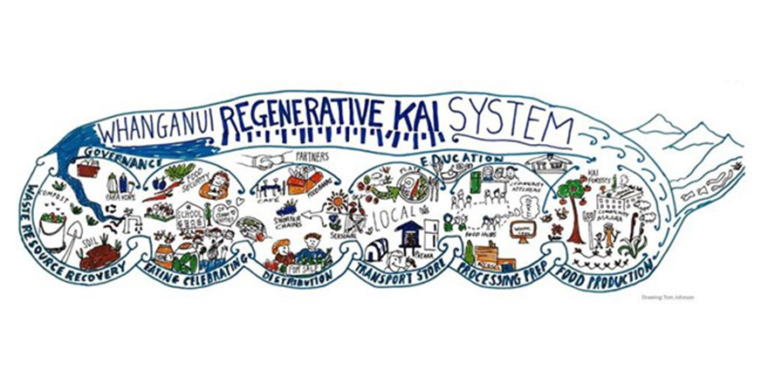
Ka Tipu Ka Ora – A Whanganui Regenerative and Resilient Sustainable Food System.
The research report is committed to being responsive to Māori as Tangata Whenua and recognises the Tiriti o Waitangi as Aotearoa New Zealand’s founding document. The principles of Te Tiriti o Waitangi as articulated by the Waitangi Tribunal, and the New Zealand Courts provides a framework for how we are to fulfil our obligations under the Te Tiriti daily.

Māori in Governance of Agricultural Co-operatives in Aotearoa New Zealand.
The Māori economic engine is significant in terms of both asset holding and in generating activity for
the economy of Aotearoa New Zealand. Despite this Māori have almost no presence in the
governance of the Agricultural cooperatives, despite these being businesses that they are significant
suppliers and customers of and hold equity in.
The purpose of this report is to understand the reasons behind this, identify ways to re-engage Māori at governance levels with the cooperatives and understand the benefits and costs to each from doing so.
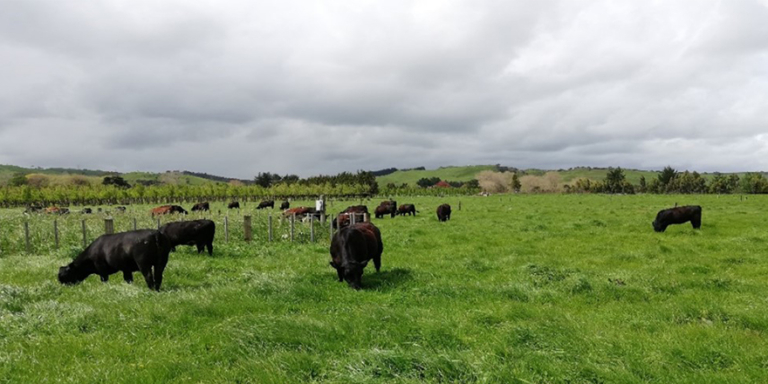
Organic, Regenerative and Sustainable.
Organic, regenerative, and sustainable are all buzz words; they are methods of farming, growing, and processing; also used in marketing for recognition and financial advantage. This report found that a farmer may align their identity with their chosen method and a consumer’s decision to purchase may be based on their understanding of these terms and an alignment of their values, particularly where there is a premium paid. This report found consumers use the terms loosely and the complexities of farming methods are not understood by non-farmers.

Owhaoko B&D land block.
Māori landlocked land has influenced a change in the Te Ture Whenua Māori Act to lessen multiple barriers for Māori. This research has been conducted through a kaupapa Māori approach, for Māori by Māori.
This case study is concerned with understanding the land block, its isolated location, the barriers of access and how the trust can initiate a sustainable involvement for the owners. The report is based on semi structured interviews and analysis of secondary data.
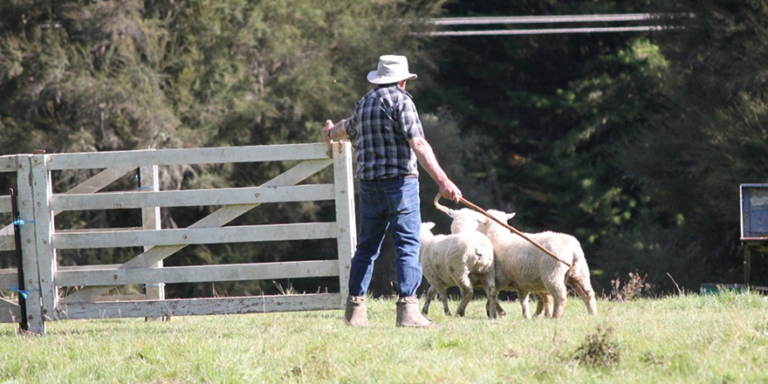
Supporting older farmers to adapt to the rapidly changing food and fibre sector.
Older farmers enjoy the farming lifestyle and make their systems work for them at various stages of their life. But an increase of challenges, like rising costs, workforce, climate change, and the increase in new regulations are making farming harder.
This report aims to better understand how the food and fibre sector can better support older farmers through these changes and challenges. Research in this report aims to better understand change adoption and mindset, reverse mentoring, learning preferences, and older farmer’s key drivers and challenges.
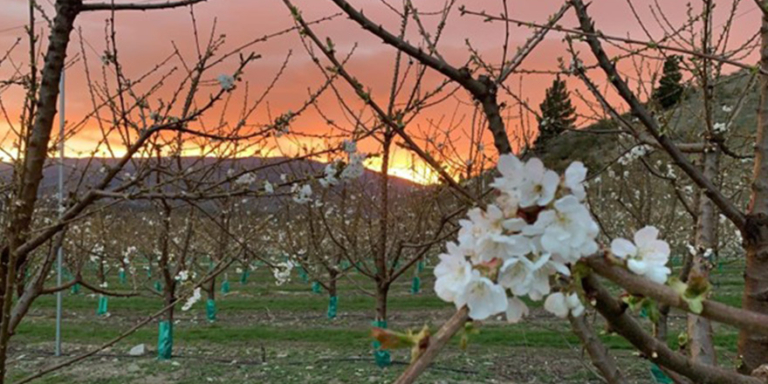
What Goes In Must Come Out.
The aims and objectives of this project is to investigate whether growing cherries in an intensive, indoor growing system will protect our social licence to operate. Social licence will be defined, the aspects that are important to different stakeholders explored and how we can enhance our social licence with forward thinking growing systems explained.
Our programmes work in partnership with some of New Zealand’s leading agribusiness organisations – click here for more.

















